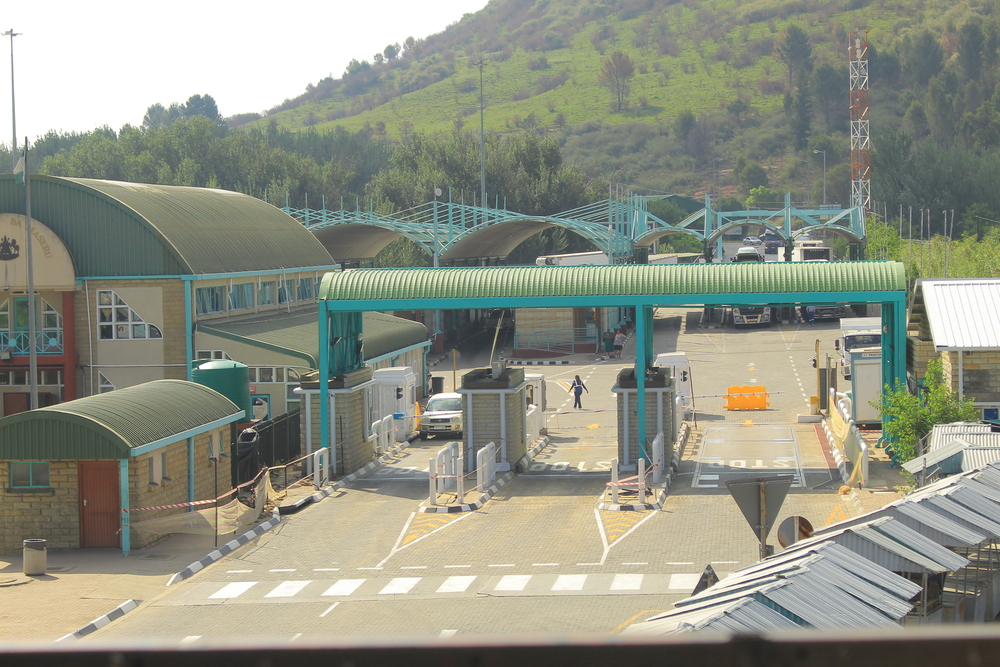The RFP and its governing partners walk a tightrope on the Local Government Elections
Does this have a telling for the 2027 general elections? How did they fail to utilise incumbency to drum up their support?

Dr Mamello Rakolobe
Public Administration Lecturer in the Political and Administrative Studies Department at National University of Lesotho
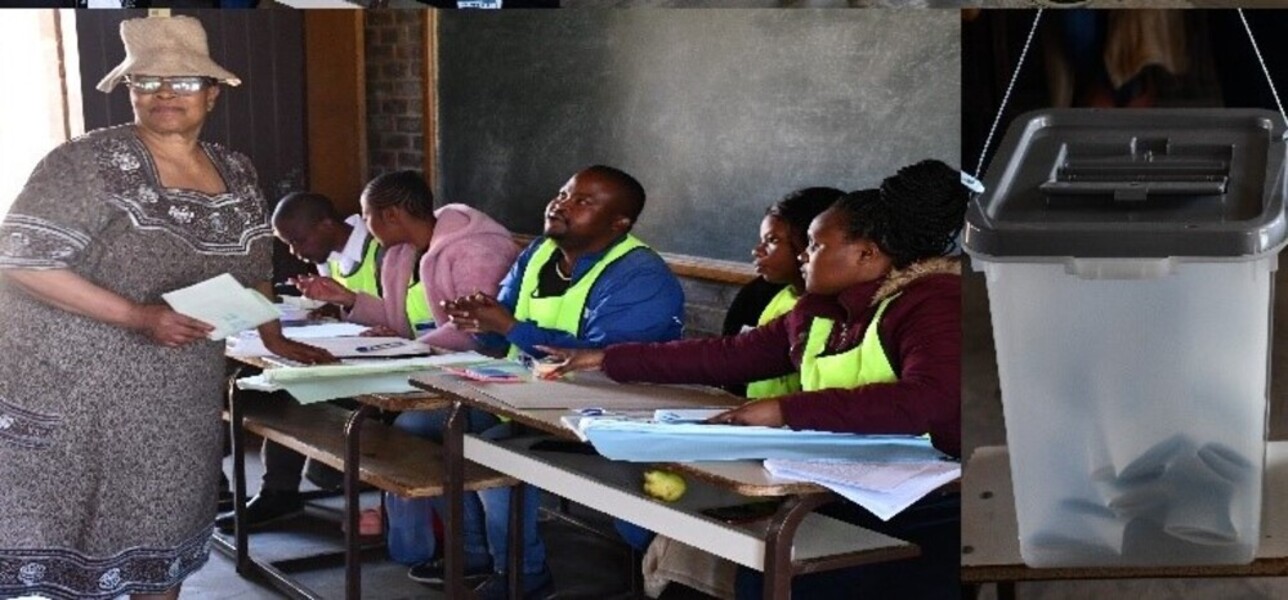
The results of the elections undoubtedly sent shock waves amongst the members of the Revolution for Prosperity (RFP) and its coalition partners, Movement for Economic Change (MEC) and Alliance of Democrats (AD) due to the unimpressive performance of the trio.
This article provides a critical assessment of the performance of the current largest political party in the country, the RFP in the recent local government elections. The focus of the article is on what could have caused the poor performance and to make inferences on whether the local government elections may have a telling effect on the forthcoming 2027 national elections.
The low voter turnout during the local government elections
Globally, local government polls are characterised by lower turnout rates in comparison with national elections. Lesotho has not been an exception to this phenomenon of low voter turnout as historically, the local government elections have been marred by low voter turnout when compared with the national elections.
In the 2023 elections cycle, only 38 per cent of Basotho voted a decline of about 10% from the 47% turnout in the 2017 elections. The low turnout can be explained by the lack of interest in the local government elections as indicated by among others, the long queues of Basotho who were seen crossing the Maseru border to the neighbouring South Africa on Election Day.
Additionally, the electorate has for the longest time been complaining about the fact the local councillors are powerless as the central government has failed to devolve the functions and that it is poorly funding the local councils. As such, some voters have argued that voting for them is pointless as the local government representatives have failed to bring any local developments in their villages. Subsequently, some people do not view local councils as effective vehicles for community development, hence the low or lack of interest in local government elections.
The not-so-impressive performance of the RFP in the 2023 local government elections
Even though the Revolution for Prosperity (RFP) had garnered 39% of the vote in the 2022 national elections, followed by the Democratic Congress (DC), it did not perform well in the local government elections as it only got 445 councils, constituting 35% of the total vote, compared to DC’s 421 councils, which comes to 33%. DC came very close. The margin between the RFP and DC shrunk substantially in the local government elections compared to the general elections that took place a year ago.
As presented in the preceding paragraphs, scores of Basotho were seen crossing the Maseru border gate to the South African side, on the day of the elections. It is safe to argue that most of those are supposedly the people who voted for the RFP as its stronghold is the urban areas of Maseru and other neighbouring districts. It would also not be far-fetched to argue that the continuous internal fighting that is besieging the party is highly likely to be one of the reasons for the poor performance. It is conceivable that the loyalists of the disgruntled RFP Members of Parliament (MPs) who were suspended and later dismissed did not vote for the RFP, hence the drop in the performance.
Can the 2023 local government elections be used as a predictor of the forthcoming 2027 national elections outcome?
Even though the performance of the political parties in subnational elections may be used to extrapolate their performance in the forthcoming national elections in some jurisdictions that may not necessarily be the case in Lesotho. The poor performance the RFP and its partners may first and foremost, be explained by the lack of interest in the voters due to the lack of legitimacy and support for local government among others. As such, it would be reckless for one to use their performance in local government polls to predict their national electoral future fortunes.
It is prudent to also note that the time between the local government and national elections is too long. Thus, a lot happens in between. For instance, had we used the 2005 local government elections to predict the Lesotho Congress for Democracy (LCD) electoral outcomes for the 2007 national elections, we would have gotten it all wrong, considering the fact that a breakaway party, namely the All Basotho Convention (ABC) was formed and changed the political landscape in the country, with a subsequent decline in the LCD national electoral outcomes.
It is also befitting to note that ABC had the most votes in the 2017 local government elections, but it performed dismally in the 2022 national elections as its national assembly seats dropped from 48 to a mere eight (8). The mere eight (8) is also proportional representation (PR) seats for a party whose growth had been exponential since formation 16 years back. This dismal performance can be explained by the incessant in-fighting that rocked the ABC between 2017 and 2022, which saw it splitting into Basotho Action Party (BAP).
Another important factor that negatively affects the electoral performance of the incumbent political parties is corruption. The fight over high-ranking positions, the recruitment of officers in the security agencies and the awarding of tenders tend to bring discord amongst the members of the ruling parties, which ultimately result in breakaway parties. An example is the case where Mar. Montana Mollie accused the Democratic Congress (DC) and its coalition partners in the 2015 coalition government of recruiting police officers on the basis of political affiliation. As a result, the Alliance of Democrats (AD) was established and that negatively affected the performance of the DC in the subsequent national elections of 2017.
Another notable occurrence, which did not only negatively affect the performance of ABC, but other parties as well, was the establishment of the RFP. The RFP attracted membership from most of the non-die-heart members of most of the political parties and swing voters in the country. It therefore means that, had we used the ABC’s performance in the 2017 local government elections to predict the 2022 national elections, the predictions could have been terribly incorrect. As such, using the results of the local government elections as a factor that has a bearing on the political parties` national election performance should be taken with a pinch of salt since the political landscape in Lesotho is characterised by a lot of uncertainty.
What will it take for the RFP to sustain its impressive performance in the forthcoming national elections?
The factors to look out for are intra-party conflicts and democracy and the way they are handled as failure to manage them seems to have resulted in the creation of splinter parties. This thus weakens the electoral performance of most parties. It would also be wise for the RFP to try by all means to minimise or eradicate the instances of corruption and patronage in the government.
Most Read
Reforms, Elections and Democratic Stability in Lesotho
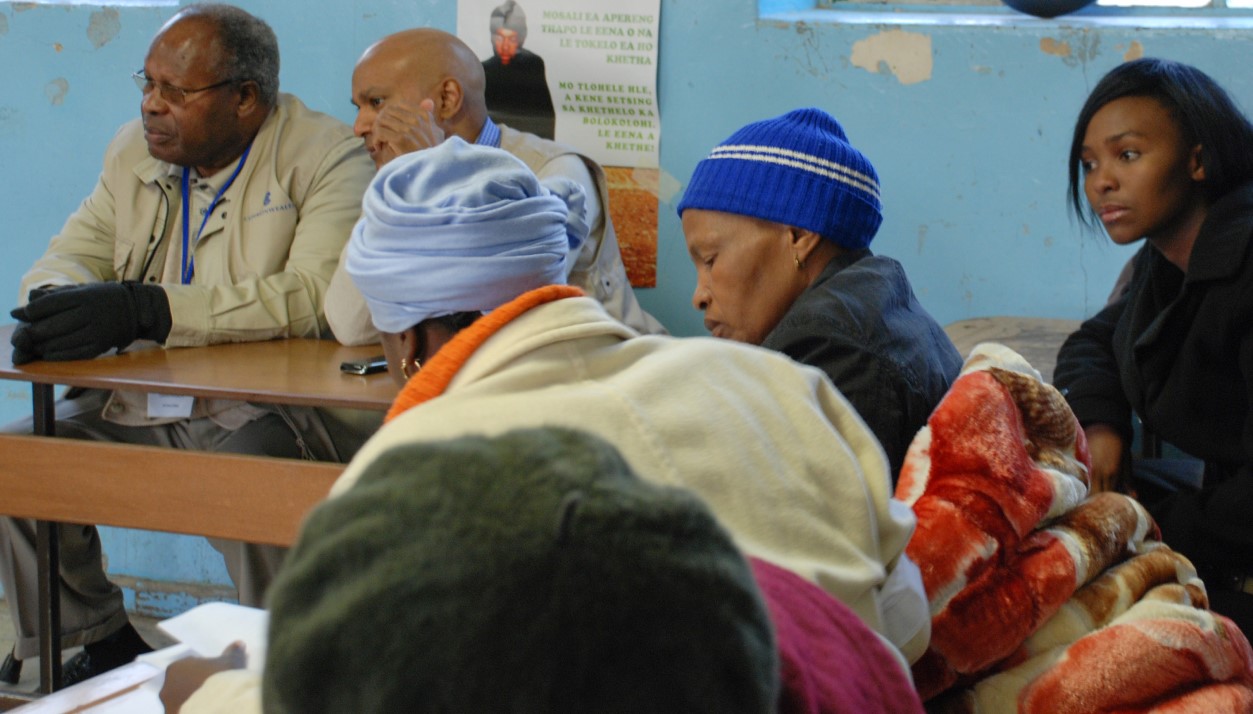
Organizations and companies go through a rough patch

The cooling of the political temperatures came with the BAP joining the bandwagon after a season of political agitation and chess games, reflecting political anomalies in the system of political governance of Lesotho:

Related Stories
Majoro to grapple with a myriad challenges in his stint - one of them, two centres of power within the ABC
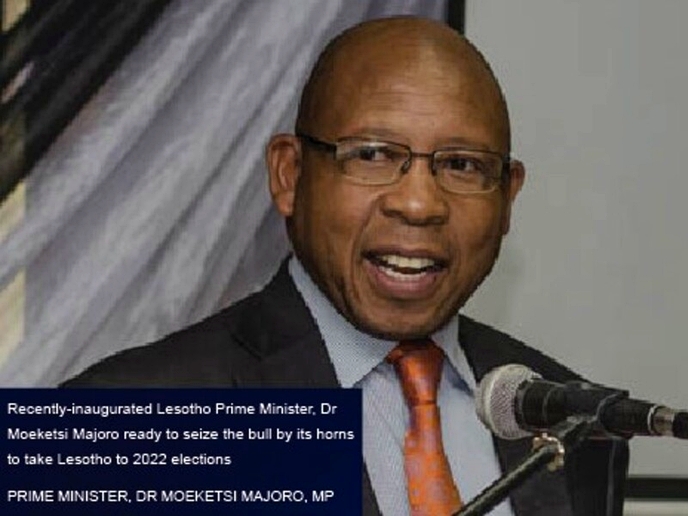
Close Examination of Lesotho’s Diaspora Management in South Africa in Light of the Recently Inaugurated South Africa-Lesotho Bi-National Commission (BNC)
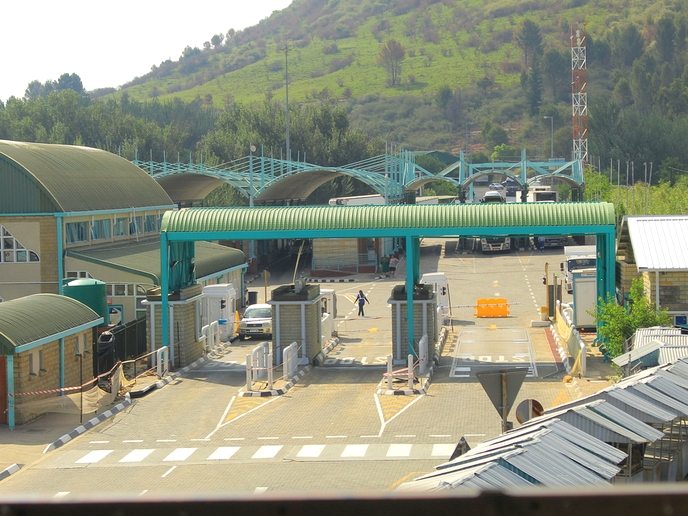
Reforms, Elections and Democratic Stability in Lesotho
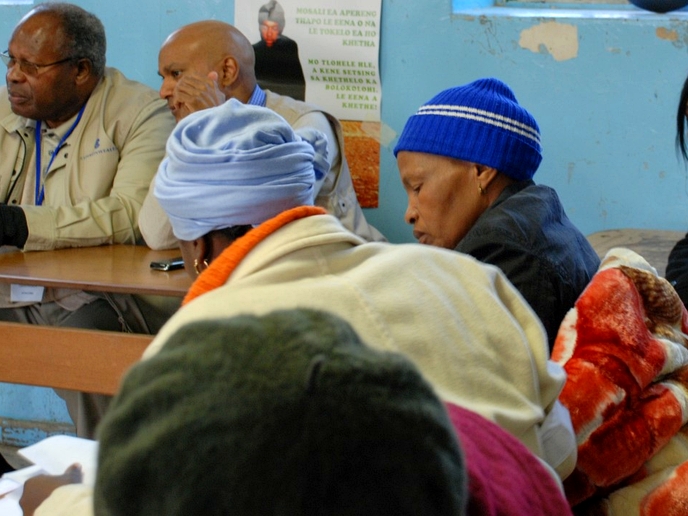
Opinion Vote Polls
Do you think the existing government is going in the right direction to benefit the people of the country?
Subscribe for your daily newsletters
Enter your email to subscribe to our newsletter.

